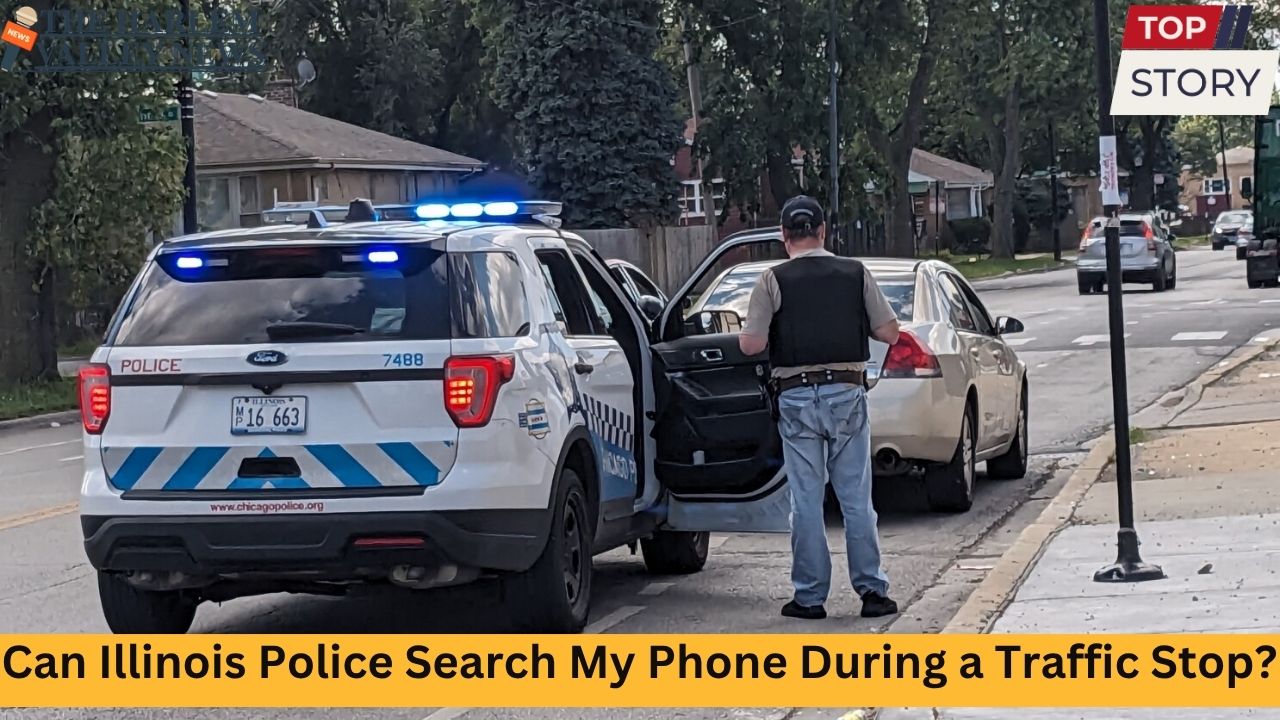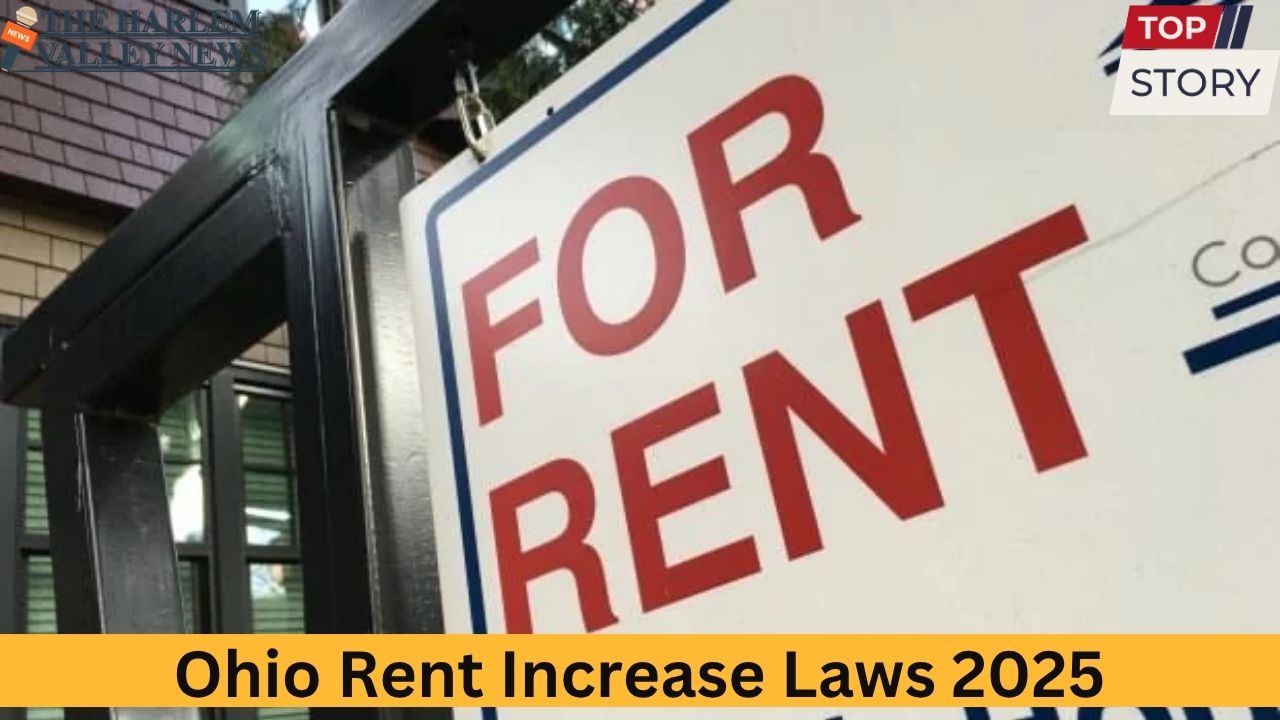Traffic stops are common occurrences in cities across Illinois, from Chicago to Springfield and Peoria. When pulled over by the police, many drivers instinctively worry about what the authorities can legally do, especially regarding their personal belongings like cell phones. The question “Can Illinois police search my phone during a traffic stop?” is a critical one that touches on constitutional rights, privacy concerns, and state law enforcement powers. This article explores the legal landscape in Illinois about police searches of smartphones during traffic stops, the protections offered under the Fourth Amendment, and practical advice for motorists.
Understanding the Context: Traffic Stops in Illinois
Traffic stops in Illinois typically involve police officers pulling over drivers for moving violations such as speeding, running a red light, or faulty equipment. According to the Illinois Department of Transportation, there are hundreds of thousands of traffic stops conducted statewide every year. In cities like Chicago—the state’s largest city—traffic enforcement is a routine part of police duties.
During a traffic stop, police generally ask for the driver’s license, vehicle registration, and proof of insurance. While the stop is meant to be brief and focused, it can sometimes escalate if the officer suspects other criminal activity. This escalation might lead to searches or detentions.
The Legal Framework: The Fourth Amendment and Illinois Law
The Fourth Amendment of the U.S. Constitution protects individuals from unreasonable searches and seizures. This protection extends to searches of cell phones during traffic stops. Illinois state law, alongside federal rules, reinforces these protections, meaning police officers need a warrant or your consent to search your phone in most cases.
The landmark U.S. Supreme Court case Riley v. California (2014) changed how courts view phone searches. The Court ruled that police generally need a warrant to search the digital contents of a cell phone, even when the phone is seized during an arrest. This ruling recognizes the vast amount of personal and private information stored on modern smartphones, distinguishing them from other physical items that can be searched incident to arrest.
Can Police Search Your Phone During a Traffic Stop Without a Warrant?
Simply being pulled over for a traffic violation does not give police the automatic right to search your phone. The key factors that determine whether a phone search is legal include:
-
Consent: Police can search your phone if you explicitly give consent. However, consent must be voluntary and not coerced. It’s important to know that if you unlock your phone and hand it to the officer, this is considered consent.
-
Probable Cause and Warrant: Without consent, police generally need probable cause and a warrant to search your phone. Probable cause means they have reasonable grounds to believe the phone contains evidence of a crime.
-
Exigent Circumstances: There are rare exceptions where police can search without a warrant or consent, such as if there is an immediate threat to life, risk of evidence destruction, or ongoing emergency requiring urgent action.
What Happens if Police Search Your Phone Without a Warrant or Consent?
If Illinois police search your phone without your consent and without a warrant or valid exigent circumstances, the search is deemed unconstitutional and violates the Fourth Amendment. Evidence gathered from such an illegal search can often be suppressed in court under the exclusionary rule, meaning it cannot be used against you.
The law aims to discourage unjustified invasions of privacy and unlawful searches. If you believe your rights were violated during a traffic stop or phone search, consulting an experienced criminal defense attorney is crucial.
Separating Myths from Reality: Common Misconceptions
-
“Police can search my phone just because I’m stopped” – This is false. Traffic stops do not give police free rein to search your digital device without proper legal justification.
-
“If I hand over my phone, police can search it” – If you voluntarily hand over your phone and unlock it, the police can conduct a search because you have given consent. You have the right to refuse such requests politely.
-
“Police can view my phone’s physical features without a warrant” – Police can inspect the physical phone (for instance, to check for weapons or to turn it off) but cannot search the data stored on the device without a warrant or consent.
Practical Advice for Illinois Drivers During Traffic Stops
-
Stay Calm and Polite: Always remain respectful when interacting with law enforcement.
-
Know Your Rights: You have the right to refuse a phone search if police ask. You can say, “I do not consent to a search.”
-
Do Not Unlock Your Phone for Officers: Unlocking your phone implies consent. Simply handing over a locked phone does not give officers the right to search the data.
-
Ask if You Are Free to Leave: If you are not being detained, you can ask if you are free to go. This helps clarify the situation.
-
Record the Interaction if Safe: In Illinois, you have the legal right to record public interactions with police, which can be helpful in disputes.
Case Studies: How Illinois Courts View Phone Searches During Traffic Stops
Illinois courts have repeatedly emphasized that a traffic stop itself does not grant police the right to conduct intrusive searches, including digital searches of cell phones unless proper consent or cautious legal standards are met.
For example, officers pulled over for routine traffic violations such as speeding in Springfield or Waukegan cannot automatically access your phone data. If a search occurs without your consent or a warrant, defense attorneys in Cook County have successfully argued for suppression of unlawfully obtained evidence.
Conclusion
In Illinois, your smartphone is protected by strong privacy laws backed by the Fourth Amendment and landmark court rulings. Police do not have the right to search your phone during a traffic stop without your consent or a warrant, except in rare emergency circumstances. Knowing your rights and acting calmly and clearly can safeguard your privacy during police encounters.
Whether driving through bustling Chicago or the suburbs of Naperville, this knowledge empowers Illinois residents to navigate traffic stops with confidence, respecting the law while asserting their constitutional protections.
This comprehensive guide clarifies that Illinois law and the U.S. Constitution collectively protect your phone from unauthorized searches during traffic stops, emphasizing the importance of legal rights and thoughtful interaction with law enforcement officers.













Leave a Reply